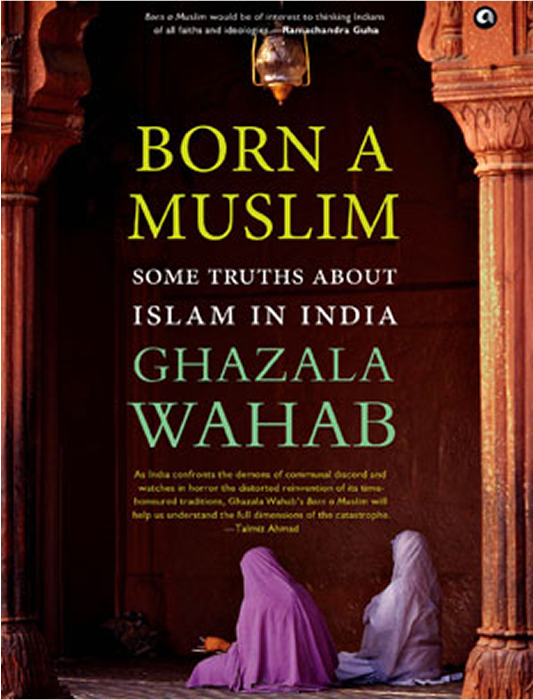Books | Had Our Rulers Shown a Willingness to Counter Threats at a Distance, Our History Might Have Been Different
What was it that made you write this book?
The book came about when I was reading up on Indian warfare and realised how little material existed on India’s battles. Most of the material came from outside sources and presented a very blinkered vision. As I delved deeper, I discovered different interpretations. I also visited the sites of the battles to get a feel of what happened there and used my military experience to interpret what could have really happened. My aim was to present an authentic, but objective version of India’s battles from an Indian perspective—warts and all.
The common refrain running through your book is that in spite of individual courage and valour, Indian armies often came out second best because of poor leadership and outdated concepts of war.
This is true. Indian armies lost most of their major battles after the first battle of Tarain in 1191. We fought the same style of static, attritional warfare of the Mahabharata even 1500 years later. We did not understand concepts of manoeuvre and firepower, didn’t embrace new technology like gunpowder and our armies lacked a cohesive organisation. Thus, though the Indian soldier was always courageous and skilled at arms, the results were rarely in our favour.
Why is it that India repeatedly lost from within?
That is an unfortunate thread that runs through our history. Right from the time when Alexander
Subscribe To Force
Fuel Fearless Journalism with Your Yearly Subscription
SUBSCRIBE NOW
We don’t tell you how to do your job…
But we put the environment in which you do your job in perspective, so that when you step out you do so with the complete picture.








